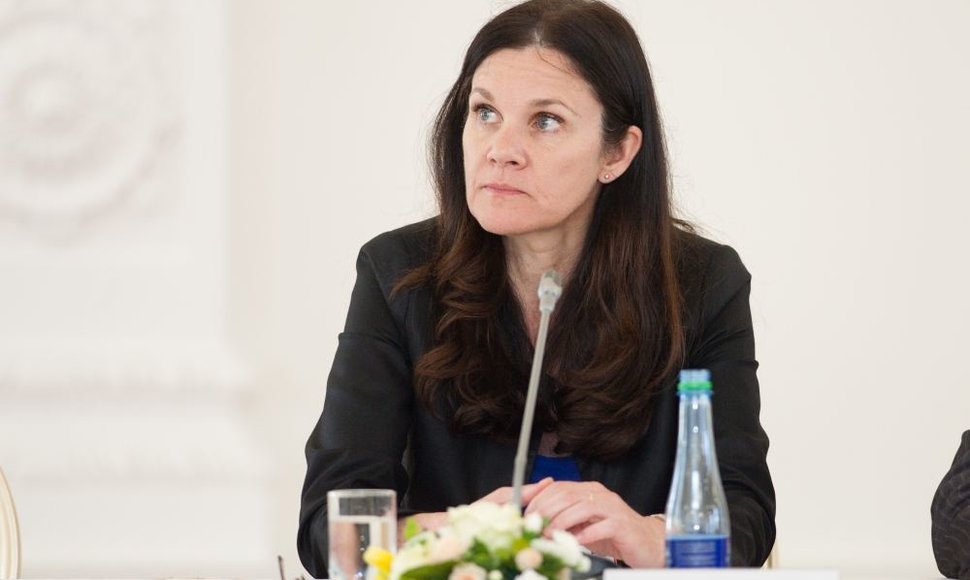The Social Security and Labor Ministry said 24 candidates were running for 11 positions in the committee, which had never included a Lithuanian member so far.
"This opportunity is a significant recognition of our entire country. We are happy and hope that the Lithuanian representative's high competences and extensive experience will be a substantial contribution to the committee's operations," the ministry cited the Social Security and Labor Vice-Minister Audrius Bitinas as saying.
According to the press release, Leinartė is an expert in gender equality and enjoys recognition in Lithuania and the rest of the world, heading and coordinating various projects, known for her academic activities in areas of women's rights, gender equality and family history. She has authored and edited six monographs and other publications.
In 2010, Leinartė participated in the drafting of the UN Security Council resolution on women, peace and security cooperation plan, she has been a member of the task force on gender equality of the Community of Democracies since 2010 and a rapporteur on gender equality at the European Union (EU) and international conferences.
Established in 1983, the UN Committee on the Elimination of Discrimination against Women consists of 23 gender equality experts from UN member-states. According to the press release, the members are elected in line with principles of high competences in the field of equality of men and women, geographical distribution, political systems and cultural diversity.
The committee's mandate is very specific: it watches over the progress for women made in those countries that are the states parties to the 1979 Convention on the Elimination of All Forms of Discrimination against Women. A country becomes a state party by ratifying or acceding to the Convention and thereby accepting a legal obligation to counteract discrimination against women. The committee monitors the implementation of national measures to fulfill this obligation.
2012 06 27
Lithuanian professor elected to UN gender equality committee
Professor Dalia Leinartė, director of Vilnius University's Gender Studies Center, was elected to the United Nations (UN) Committee on the Elimination of Discrimination against Women at a UN session in New York on Tuesday.
Report mistake
Successfully sent
Thank you












